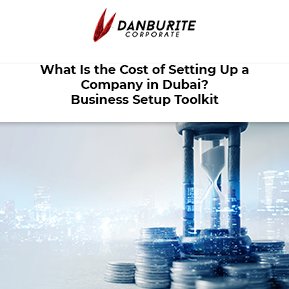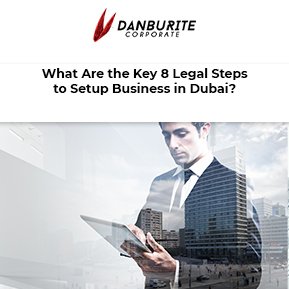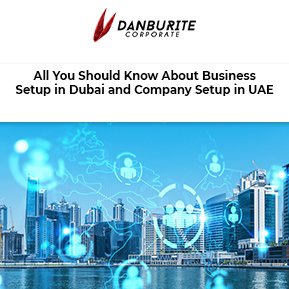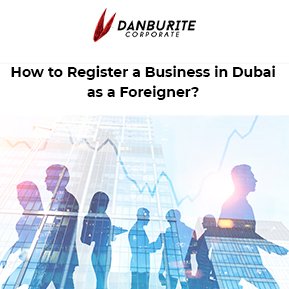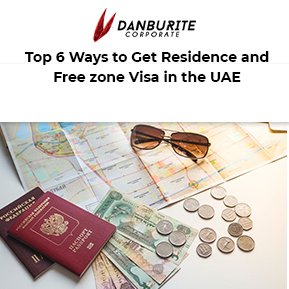UAE Major Free Zone Companies: A Complete Guide
Dubai Free Zones
- Jebel Ali Free Zone (JAFZA)
- Dubai Multi Commodities Centre (DMCC)
- Dubai Airport Free Zone (DAFZA)
- Dubai South Free Zone
- Dubai World Trade Centre (DWTC) Free Zone
- Dubai Internet City (DIC)
- Dubai Media City (DMC)
- Dubai Silicon Oasis (DSO)
- Dubai Healthcare City (DHCC)
- Dubai International Financial Centre (DIFC)
Abu Dhabi Free Zones
- Abu Dhabi Global Market (ADGM)
- Khalifa Industrial Zone Abu Dhabi (KIZAD)
- Masdar City Free Zone
- twofour54 (Media Free Zone)
Sharjah Free Zones
- Sharjah Airport International Free Zone (SAIF Zone)
- Hamriyah Free Zone (HFZ)
- Sharjah Media City (SHAMS)
Ajman Free Zones
- Ajman Free Zone (AFZ)
Ras Al Khaimah Free Zones
- Ras Al Khaimah Economic Zone (RAKEZ)
- RAK Maritime City Free Zone
Fujairah Free Zones
- Fujairah Free Zone (FFZ)
- Fujairah Creative City Free Zone
Umm Al Quwain Free Zones
- Umm Al Quwain Free Trade Zone (UAQ FTZ)
Benefits of Setting Up a Business in a UAE Free Zone
- 100% Foreign Ownership: No need for a local sponsor or partner.
- Tax Benefits: Zero corporate tax (T&C Apply) and personal income tax.
- Customs Duty Benefits: Exemption from import and export duties.
- Repatriation of Profits: Full repatriation of capital and profits.
- Simplified Business Setup: Fast and hassle-free company registration process.
- Industry-Specific Zones: Free Zones tailored to different business sectors.
- World-Class Infrastructure: Modern office spaces, warehouses, and logistics support.
- Easy Visa Process: Streamlined residency visa issuance for business owners and employees.
Rules and Regulations for Free Zone Companies
- Restricted Business Operations: Free Zone companies cannot conduct direct business within the UAE mainland without a local distributor or a branch office.
- Annual License Renewal: Businesses must renew their Free Zone licenses annually.
- Office Space Requirement: Some Free Zones require companies to lease office space within their jurisdiction.
- Regulatory Compliance: Businesses must comply with UAE labor laws, financial regulations, and Free Zone-specific guidelines.
- Financial Audits: Certain Free Zones mandate annual audits and financial reporting.
Steps to Set Up a Company in a UAE Free Zone
- Choose the Right Free Zone: Select the Free Zone that aligns with your business activities.
- Select Business Activity: Ensure your selected Free Zone permits the chosen business type.
- Register Your Business Name: Obtain approval for your company name from the Free Zone authority.
- Submit Required Documents: Provide passport copies, application forms, and a business plan.
- Obtain Your Trade License: Upon approval, receive your Free Zone trade license.
- Lease Office Space (if required): Rent office space as per the Free Zone’s requirements.
- Apply for Visas: Obtain residency visas for business owners and employees.
- Open a Corporate Bank Account: Set up a business bank account in the UAE.
Conclusion
The UAE Free Zones offer a world of opportunities for businesses looking to expand in a tax-friendly and business-centric environment. Choosing the right Free Zone based on industry, location, and benefits is crucial for long-term success. Whether you’re a startup, SME, or multinational corporation, setting up in a UAE Free Zone can be a strategic move for growth and expansion.
Schedule a Call

















